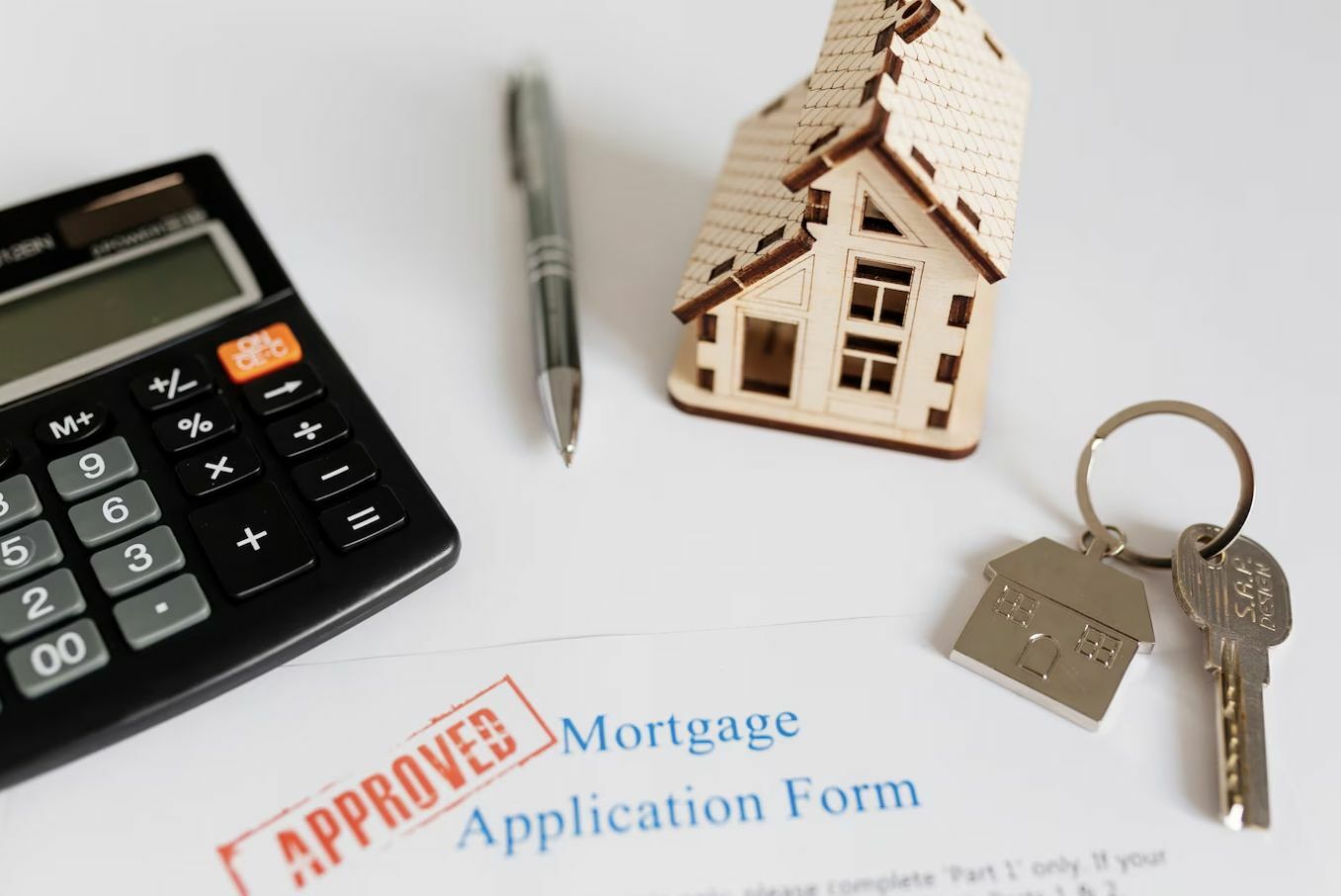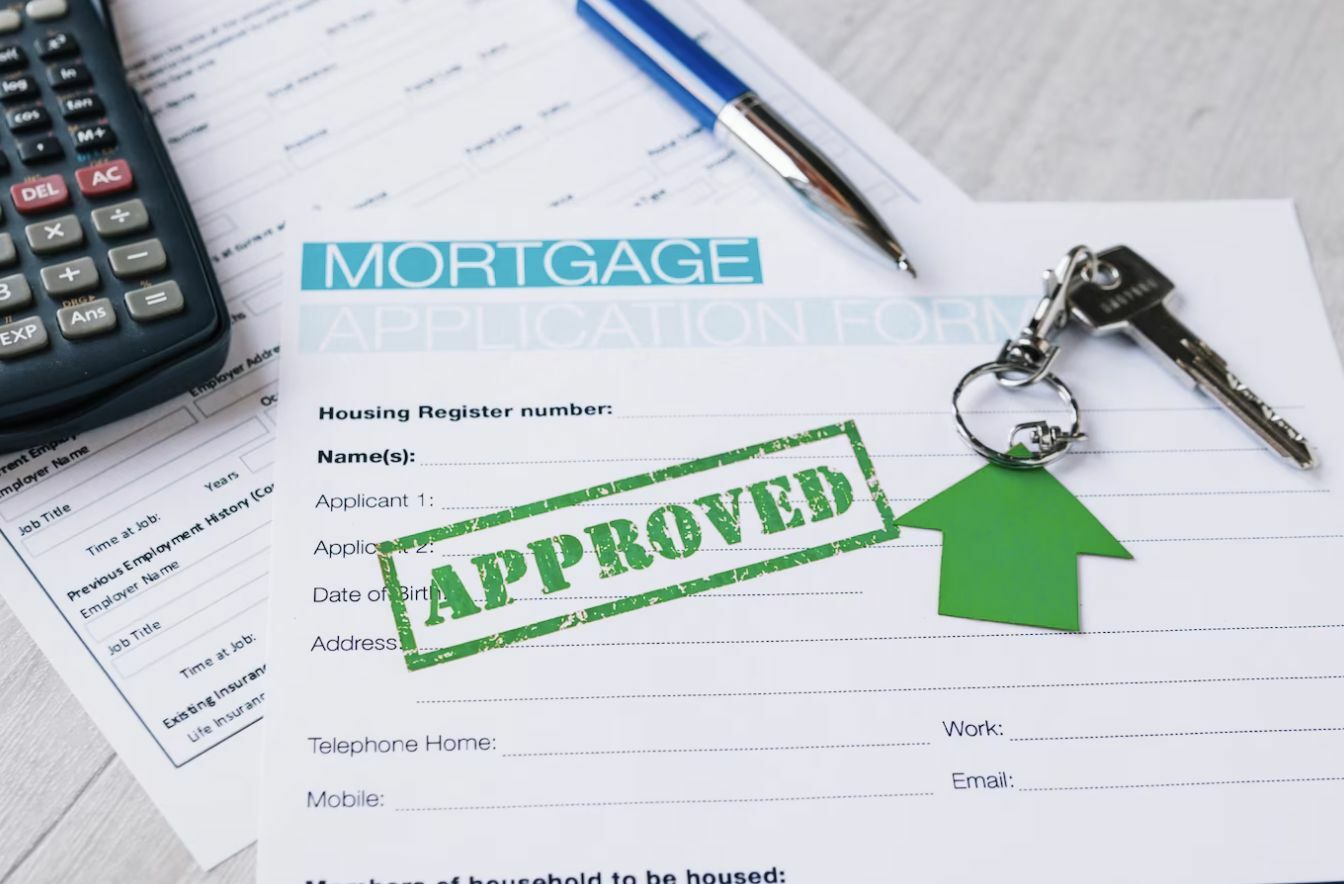Can expats get a loan in Thailand?

As an expat living in Thailand, you may have often wondered, “Can I get a loan as a foreigner in Thailand?” Maybe you’re eyeing that lovely condominium in the heart of Bangkok, dreaming of a shiny new car, planning your dream tropical wedding by the beach, or thinking of sprucing up your home. And naturally, you’re looking at loans to make any of these things a reality. The good news is that foreigners can get a loan in Thailand. However, the conditions can be strict.
Here’s how you can get a loan as a foreigner in Thailand.
What are bank loans in Thailand?

Banks in Thailand offer a number of financial services, including personal and business loans as well as credit card facilities for individuals. These services are also available to foreigners who have established a living and working base in the country for several years.
Personal loans for foreigners from banks in Thailand can be used for many different things, including education, medical treatment, and general uses such as car purchases and home renovations. However, each bank has its own policy when it comes to offering these financial services, so the availability and terms can vary between institutions.
What are the requirements to get bank loans in Thailand?

In general, you need to meet the following criteria in order to be eligible for a bank loan in Thailand:
- Hold at least a 1-year work permit or a Thai resident permit
- Provide a letter of employment indicating your year of service in Thailand and your annual salary. You may need to attach your pay slips as well.
- Include your employer’s company documents, as the banks might request these.
- Pass credit checks conducted by the banks.
- Ensure the combined total of your age and the loan period does not exceed 60 years.
- Have a stable and secure job.
- Maintain a fixed income that is three times higher than each loan repayment instalment.
- For some banks, the aggregate amortization of the loan must exceed 7 years. This is the total timeframe in which the loan, including the original amount borrowed and the gathered interest, is scheduled to be fully paid off – it’s essentially how long it’ll take for you to clear your debt.
In addition to these criteria, you’ll also need to submit the following documents:
- Copies of your passport, including visa page, identification card, or government office identification card.
- Confirmation of salary or income, including bank statements
- Copies of land or unit title deeds, sale, and purchase contracts
- If you’re married, you need to provide your marriage certificate.
Interest rates
Interest rates for loans from banks in Thailand can vary, but they typically stick to a fixed rate set by the bank. For example, as of June 2023, the Bank of Thailand’s Monetary Policy Committee announced an interest rate of 2.00%. But remember, this doesn’t apply to all financial dealings. You’ll find that interest rates for deposits are often much lower, while interest on loans can be much higher. A look at the rates from Bangkok Bank can give you a clearer picture.
What are mortgages in Thailand?

In Thailand, a mortgage is a legal contract that is managed under the Thai Civil and Commercial Code (Section 702). This agreement is between a person who borrows money, known as the mortgagor, and a person or a bank who lends the money, known as the mortgagee. Normally, the mortgagor uses the money acquired from the mortgagee to buy property.
Within this agreement, the mortgagor offers up the property being bought, or a different property they already own, to act as security for the loan. This security is a way to protect the mortgagee if the mortgagor cannot pay back the loan as agreed. During the time the loan is being paid back, the mortgagee has a legal right to the property. The mortgagor only fully owns the property after the mortgage has been entirely paid back.
Property isn’t the only thing that can act as security for a mortgage under Thai law. The following immovables can be mortgaged if they’re registered according to the law:
- Ships weighing at least five tons
- Beasts of burden, such as horses, elephants, and donkeys
- Floating houses
- Any other movable assets that the law permits to be registered for this purpose.
It’s important to note that the mortgagee has the right to be paid from the mortgaged property, regardless of changes in the property’s ownership. This right of the mortgagee is given higher priority than other debts the mortgagor may have.
What are the requirements to get a mortgage in Thailand?

In order to qualify for protection under Thai law, as a foreigner, you need to meet the following criteria if you want to apply for a mortgage:
- The mortgager must hold the right of ownership over the property
- The mortgage contract must be in writing and must be registered
In certain cases, you might need to register the mortgage with the authorised officer. These cases include:
- If the land comes with a title deed, you must register it at the Department of Lands, Bangkok Metropolis Land Office (or its branch), Provincial Land Office or its branch, depending on the location of the land being used as mortgage security.
- If the land doesn’t have a title deed, registration must take place at the District Office found in the location of the land being mortgaged.
Keep in mind that additional details and requirements can differ based on your specific situation and the policies of different banks or financial institutions.
International home loan

For foreigners interested in buying property in Thailand, there are international home loan schemes available. These are currently offered by Bangkok Bank’s Singapore branch and United Overseas Bank (UOB). These schemes provide foreign or Thai nationals residing outside Thailand the opportunity to finance property purchases within the country, especially for those without access to local financing options or those who find it more convenient to secure a loan through an international bank branch.
The emergence of these loan schemes began in mid-2005, with Bangkok Bank’s Singapore branch stepping into the market to offer offshore financing services for foreigners keen on acquiring Thai real estate. They offered up to 70% of the property’s value to foreigners who didn’t qualify for a local loan, enabling them to finance their dream homes even if they didn’t reside in Thailand. This provision has continued, with the bank offering loans in several currencies, including US and Singapore Dollars. However, processing fees apply, and the bank requires face-to-face meetings with applicants, typically necessitating a trip to Singapore to apply.
Following Bangkok Bank’s move, United Overseas Bank (UOB) in Singapore entered the scene, offering similar services to foreigners wanting to buy property in Thailand. While their broad terms and interest rates align closely with Bangkok Bank’s, UOB may charge slightly higher processing fees. They present the advantage of being able to process loan applications locally in Thailand, eliminating the need to travel to Singapore.
How much can you borrow?

Typically, you can receive a loan amounting to 40-80% of the property’s asking price in Thailand. Moreover, loans usually have a term of about 15 years. If you’re looking at international lenders, it’s important to note that different lenders may offer different loan-to-value (LTV) ratios. As a standard practice, try to save at least 20% of the property’s value.
While this guide provides a general overview, it’s important to remember that every financial institution has different criteria and conditions. Getting a loan and mortgage as a foreigner in Thailand might seem challenging at first. However, with patience, a good understanding of the process, and sound financial planning, it’s entirely achievable.
Looking for financing options to buy a car in Thailand? Check out our guide on how to get a car loan as a foreigner in Thailand.
Latest Thailand News
Follow The Thaiger on Google News:


























